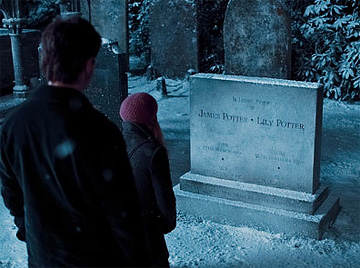Smoke poured from his nostrils;
fierce flames leaped from his mouth.
Glowing coals blazed forth from him.
PRAYER: Thank you, Almighty God, for the poetic images of Psalm 18.
You are indeed my rock, my fortress, my savior, my shield. You
protect me in ways I can see and in ways I’ll never know. In you, I am
safe for eternity.
You are a God of power, whose presence is like smoke and fire. Your word thunders. Your judgment strikes like lightning.
You are the one who reached down and rescued me from the deep waters
of sin. You have delivered me again and again from the pits into which I
have fallen.
O God, you are faithful, with complete integrity. You are pure in
your grace and your judgment. You light my way. Indeed, you are perfect.
All praise be to you, God of power, God of mercy! Amen.
_________________________________________________
 Would you like to receive a Daily Reflection like this one in your email inbox each morning?
Would you like to receive a Daily Reflection like this one in your email inbox each morning?
Here’s how . . . .
This devotional comes from The High Calling: Everyday Conversations about Work, Life, and God (www.thehighcalling.org). You can read my Daily Reflections there, or sign up to have them sent to your email inbox each day. This website contains lots of encouragement for people who are trying to live out their faith in the workplace. The High Calling is associated with Laity Lodge, where I work.


Psalm 18 celebrates God’s deliverance of David from danger and
distress. “The ropes of death entangled me,” he writes, “floods of
destruction swept over me” (18:4). Yet, as David cried out to the Lord,
God heard him and came to deliver him.
The prose version of what happened next would read unimaginatively:
The Lord rescued David from his enemies and kept him safe. But the
Psalms are poetry, not prose. Psalm 18 delivers, not just the facts, but
rather a vivid picture of God’s coming in awesome power to deliver
David. This portrayal utilizes a variety of stirring images, including a
mighty earthquake and a spectacular thunderstorm (18:7, 11-14). In
verse 8, God is pictured as a sort of dragon: “Smoke poured from his
nostrils; fierce flames leaped from his mouth. Glowing coals blazed
forth from him.”
Now that’s enough to get the attention of a ten-year-old boy! But
what does it tell us about God? And how can we relate to a God with
smoking nostrils? The images of Psalm 18 aren’t meant to convey literal
truth about God’s nature. Rather, they are poetic, culturally embedded,
and theologically powerful representations of God’s strength and
judgment. In particular, they point to the mighty acts of God in Exodus,
when he parted the waters of the Red Sea (Exod. 14:15-31) and visited
the Israelites on Mt. Sinai with thunder, lightning, smoke, and an
earthquake (see Exod. 19:16-20).
The good news of Psalm 18 is not only that God is mighty, but also
that he is mighty for us. When we cry out to him, he comes to save us.
Of course, one of the greatest ironies of God’s salvation is that it is
ultimately centered in the apparent weakness and defeat of the cross.
Yet, through the cross, God took upon himself the fire of his righteous
judgment. In the death of Christ, God bore our punishment for sin, thus
defeating the power of sin and even death itself. Psalm 18 invites us to
celebrate God’s salvation in Jesus Christ: “I called on the LORD, who
is worthy of praise, and he saved me from my enemies” (18:3).
QUESTIONS FOR FURTHER REFLECTION: Why do you think
God inspired the psalmist to depict his nature in such bold and shocking
images? What images might you choose today to convey the saving power
of God? Have you ever experienced a situation like that of David in
Psalm 18? How did God rescue you?